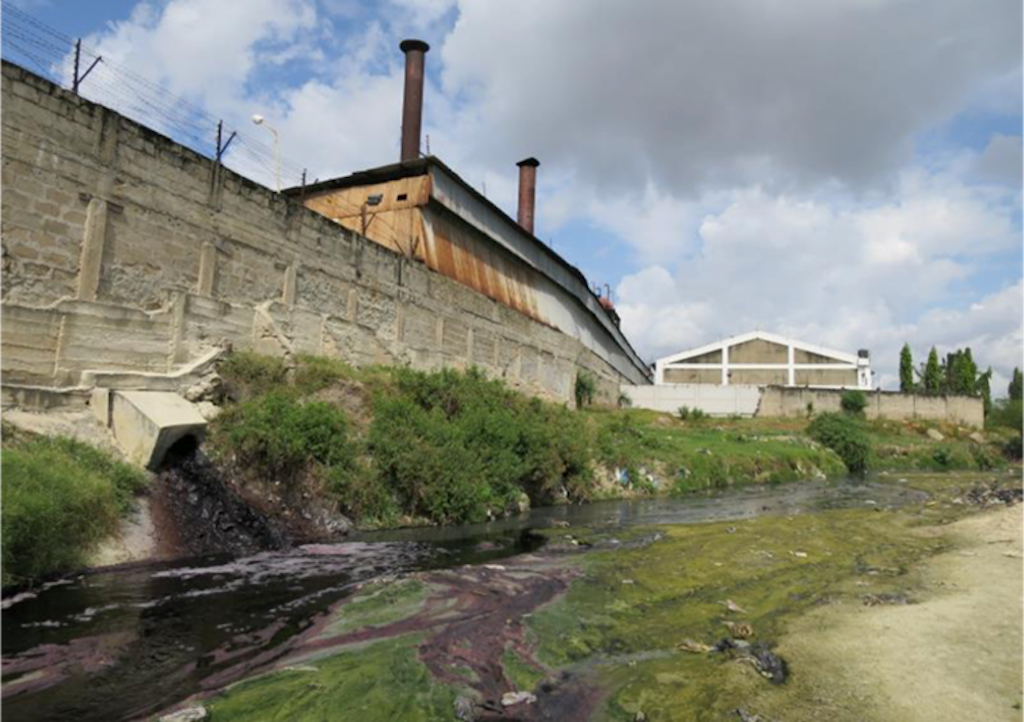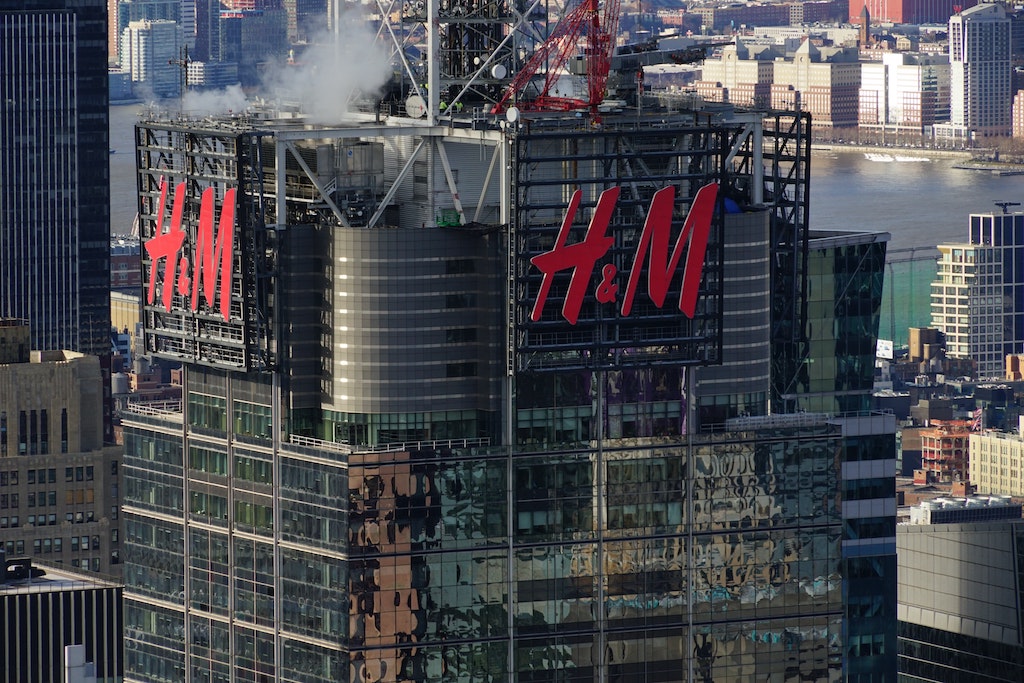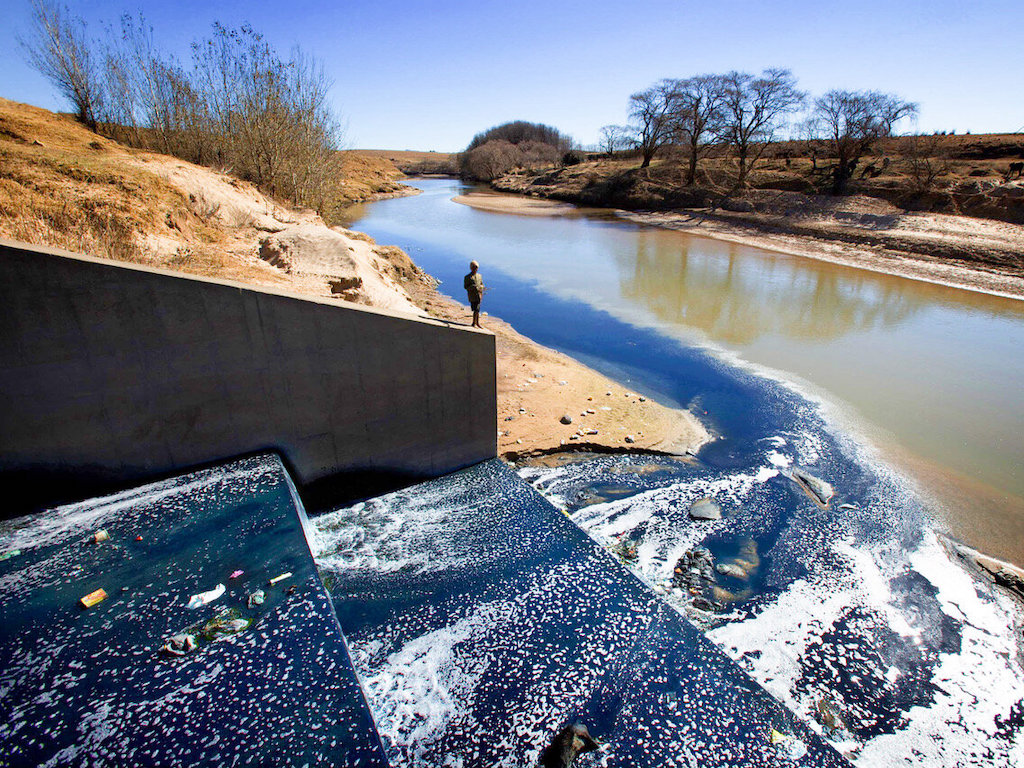3 Mins Read
In a new report on global inequality in water pollution, fast fashion brands in Europe, the U.S., and U.K. were highlighted as major drivers of water pollution across Africa’s rivers. While also a source of revenue and job creation for the continent, analysts at Water Witness say that lax environmental enforcement over the textiles industry is already having devastating consequences on critical natural resources.
A new report by Edinburgh-based nonprofit Water Witness International (WWI) has revealed the huge role of fast fashion brands in richer Western countries in polluting rivers in Africa. The new analysis examining the “fairness of fashion’s water footprint”, reports that wastewater discharge from textile and garment production is now turning some African rivers the colour of denim blue. In other cases, the water is as alkaline as bleach.
Textile production’s environmental impact in Africa
While Asia is still the leading region in global textile and clothing production, factories are migrating to Africa in recent years as a result of trade agreements, tax incentives, and cheaper labour costs. Now, it’s having a major impact on a critical resource on the continent: water.
According to the WWI report, as more high street brands and fast fashion companies shift production to African countries, the discharge of untreated wastewater—fuelled by the lack of environmental protection and enforcement of rules—is driving “devastating pollution” in rivers in Lesotho and Tanzania. Among the 50 brands named in the report that have sourcing networks in African nations include Inditex-owned Zara, H&M, Walmart, Mango, and Asos.

In Lesotho, researchers documented a river that had turned visibly blue due to the wastewater from dyeing denim jeans. In Tanzania’s Msimbazi river, where a textiles factory is situated nearby, samples of the water were highly alkaline with pH levels at 12—equivalent to bleach.
Aside from causing environmental devastation, the report highlights the failure of the industry to ensure safe working conditions and access to clean water for their workers. According to the analysis, factory workers in Africa—80% of whom are women—lack washing facilities, toilets, and basic sanitation.
Related: 99% of big fashion brands do not disclose if workers are paid living wages – report
Fashion could be a ‘force for good’
But the report notes that the fashion industry could potentially become a “force for good” in Africa—if changes happen. Right now, the industry is a major source of export revenue and employment for the continent, with the report estimating that it currently supports the livelihoods of around 50 million people in the region.
“Our evidence reveals the strategic importance of the textiles and apparel sector in sub-Saharan Africa for economic growth and job creation,” it said. “Several countries are already heavily dependent on the sector for export revenue and GDP contributions where the sector contributes as much as 60% and 30% respectively for some nation states.”

Related: Nearly 60% of sustainable claims are greenwash, study finds
Therefore, the report says that what needs to be done is not to put an end to textile production in the region, but to implement assurances that “sourcing and production of goods across the continent are based on sustainable resource use, decent working conditions and basic principles of social justice.”
Change is dependent on brands to ensure proper water treatment and adherence to proper environmental standards, and on governments to enforce rules.
“Producers, brands, retailers, investors, governments, and high street customers must act now to ensure that the fashion industry has a ‘fair water footprint’ in Africa, so that much-needed job creation and growth are decoupled from the destructive water impacts we observe,” the report says.
Lead image courtesy of WWI.




